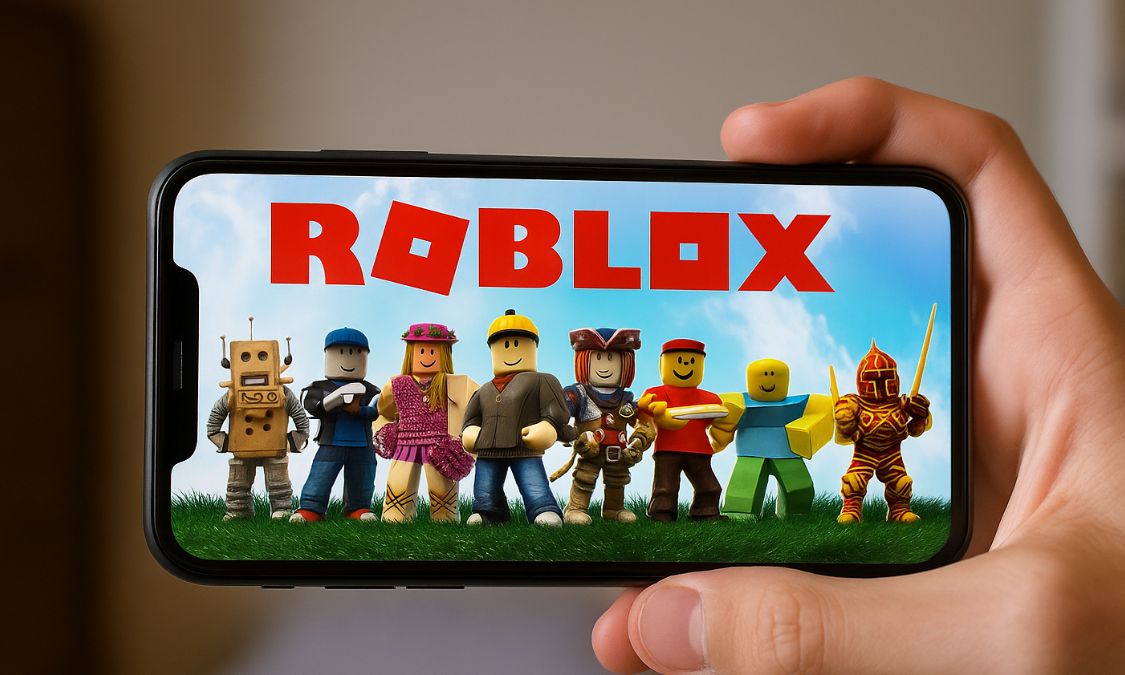Soluções
Dicas Práticas para uma Faxina Digital Eficiente e Segura
Advertisement
A vida digital, repleta de aplicativos e arquivos, pode rapidamente se tornar um caos. Com o passar do tempo, a desorganização compromete a eficiência e a praticidade. Assim, a limpeza digital é uma necessidade essencial.
Realizar uma faxina digital periódica não só otimiza o funcionamento dos dispositivos, mas também melhora a experiência geral do usuário. Manter o espaço digital em ordem proporciona um ambiente mais agradável e produtivo.
Neste guia, vamos abordar dicas valiosas e aplicativos eficazes para ajudar na sua faxina digital. Prepare-se para desbravar ferramentas que facilitarão a organização e a segurança dos seus dados.
O que é limpeza digital?
A limpeza digital refere-se à organização e remoção de arquivos desnecessários em dispositivos eletrônicos. Proporciona um ambiente digital mais leve e funcional. Dessa forma, a produtividade é amplificada.
Essa prática envolve excluir arquivos temporários, desinstalar aplicativos não utilizados e arquivar dados importantes. Um computador ou smartphone carregado compromete a navegação e o desempenho geral.
Outros aspectos importantes incluem a atualização dos aplicativos e a exclusão de contas não utilizadas. Isso ajuda a melhorar não apenas o desempenho, mas também a segurança dos seus dados.
Realizar essa faxina deve ser uma tarefa regular, de preferência a cada três meses. Manter essa rotina evita que a desorganização acumule e se torne um grande problema.
Portanto, implementar a limpeza digital em sua rotina é um passo crucial. Um ambiente digital organizado traz mais clareza e menos estresse no dia a dia.
Apps essenciais para limpeza digital
Existem diversos aplicativos que ajudam na faxina digital. Ferramentas específicas tornam o processo intuitivo e menos trabalhoso. Vamos conferir alguns dos mais úteis disponíveis no Brasil.
A primeira opção é o CCleaner, um clássico entre os otimizadores. Ele libera espaço através da remoção de arquivos temporários e de cache, resultando em um desempenho superior.
Outro aplicativo muito recomendado é o Disk Usage. Ele ajuda a visualizar o espaço ocupado por arquivos e pastas, facilitando a identificação do que pode ser eliminado.
Em seguida, temos o Google Photos, que permite liberar espaço no dispositivo ao armazenar fotos automaticamente na nuvem. Assim, você não precisará se preocupar com a capacidade do armazenamento.
Por último, o Clean Master é uma excelente opção. Ele não só remove resíduos de aplicativos como também otimiza a RAM do dispositivo, oferecendo uma navegação mais fluida.
Dicas para organizar arquivos e pastas
A organização de arquivos e pastas exige método e disciplina. Comece criando uma estrutura lógica de pastas. Essa prática facilita a localização de documentos quando necessário.
Outra dica é nomear pastas e arquivos de maneira clara e concisa. Nomes descritivos ajudam a encontrar o que precisa rapidamente, evitando a perda de tempo.
Considere usar etiquetas e categorias para organizar seus arquivos. Aplicativos como o Evernote ou o Notion podem auxiliar na transição para uma estrutura organizada e intuitiva.
Dê preferência a um método de arquivamento que você consiga manter, como o sistema de ‘trabalhar-em-andamento’ e ‘finalizados’. Esse filtro ajuda a reduzir a poluição de arquivos.
Por fim, reserve algum tempo semanal ou mensal para revisar suas pastas. É necessário garantir que o que não for mais útil seja excluído ou arquivado. Esse hábito previne a desorganização.
Gerenciamento de aplicativos e softwares
Os aplicativos são essenciais em nosso dia a dia. Entretanto, muitos acabam sendo esquecidos e ocupam espaço. Um gerenciamento eficiente é vital para manter seu dispositivo veloz.
Primeiramente, é importante desinstalar aplicativos que não são mais utilizados. Essa ação libera espaço e reduz a carga sobre a memória do dispositivo.
Aproveite a oportunidade para revisar as permissões concedidas a cada aplicativo. Aplicativos que têm mais acesso do que o necessário podem representar riscos à privacidade e segurança.
Considere manter somente aqueles com atualização frequente e suporte técnico. Isso assegura que os softwares que você mantém estejam sempre seguros e eficientes.
Além disso, faça uma auditoria periódica em suas ferramentas. Fique atento às novas opções que possam substituir aplicativos sobrecarregados e desnecessários.
Segurança e privacidade na limpeza digital
As questões de segurança e privacidade são fundamentais durante a limpeza digital. Remover dados antigos não é apenas uma questão de espaço, mas de proteção das suas informações pessoais.
Inicie o processo garantindo que arquivos e contas antigas sejam removidos de maneira segura. Usar aplicativos que garantam a exclusão permanente é uma prática recomendada.
Verifique a necessidade de usar autenticação em dois fatores para contas que você ainda utiliza. Esse recurso aumenta a segurança e minimiza riscos de invasão.
Mantenha-se atualizado sobre as melhores práticas de segurança online. Ter conhecimento sobre phishing e dados vazados ajuda na proteção das suas informações.
Por último, invista em um bom antivírus e faça varreduras regulares. Ele ajudará a detectar e eliminar ameaças que podem prejudicar sua integridade digital.
Manutenção e limpeza regular
A manutenção e limpeza regular são fundamentais para garantir um ambiente digital saudável. Estabelecer um cronograma é um excelente ponto de partida. Isso ajuda a manter a rotina em dia.
Decida a frequência ideal para sua limpeza digital, que pode ser mensal ou trimestral, dependendo da sua utilização. O importante é que você não deixe acumular.
Inclua passos simples, como a eliminação de e-mails desnecessários e arquivosVPN, no seu cronograma. Esses pequenos hábitos fazem uma grande diferença ao longo do tempo.
Além disso, aventure-se em verificar suas contas de redes sociais periodicamente. Elimine mensagens e postagens antigas para oferecer uma imagem digital mais atualizada.
Por fim, lembre-se que a manutenção não se limita ao hardware e software. Considere também suas senhas e identidades digitais. Utilize geradores de senhas e mantenha tudo seguro.
Conclusão
Concluir a faxina digital é uma tarefa que vem acompanhada de muitos benefícios. Um ambiente organizado favorece a produtividade e a segurança dos dados. Portanto, investir tempo nessa prática traz retornos significativos.
Utilizar aplicativos e seguir dicas simples pode tornar a faxina digital uma rotina leve e eficiente. Ao implementar essas práticas, sua vida digital ficará mais prática e prazerosa.
Finalmente, ao estabelecer uma manutenção regular, o caos virtual se tornará uma lembrança distante. Cuide do seu espaço digital e colha os frutos da organização.
Trending Topics

Download do Roblox feito, como conseguir Robux?
Fez o roblox download e quer Robux grátis com segurança? Aqui vão dicas reais para você conseguir moedas sem cair em golpe.
Keep Reading



